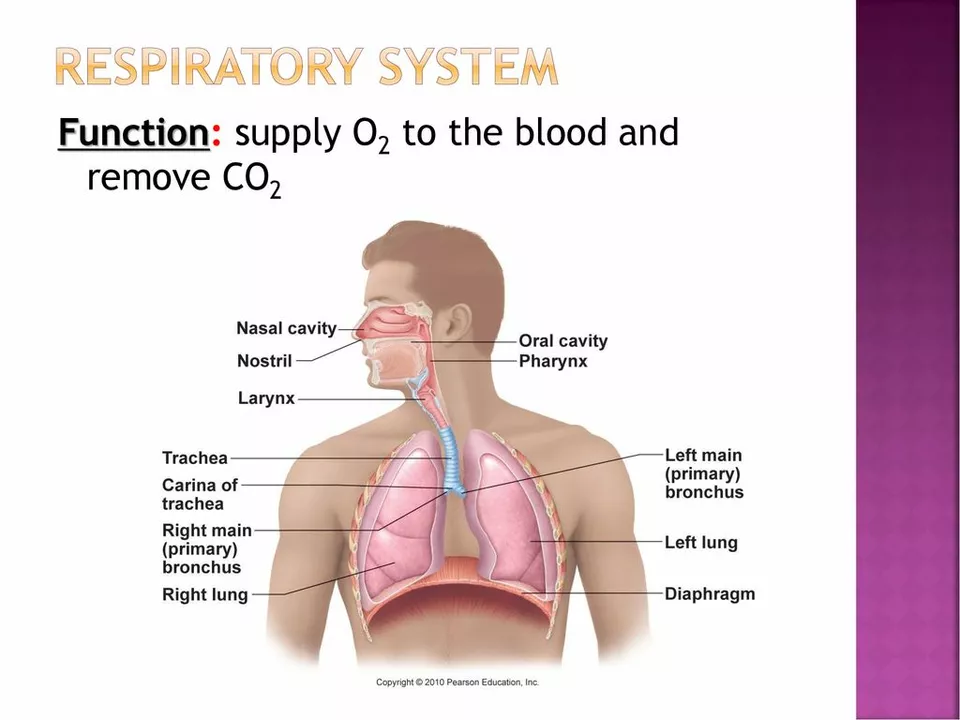Side Effects: What to Watch For and How to Act
Not every medication feels the same for everyone. Some side effects are mild and expected, like a bit of nausea after an antibiotic. Others need quick attention — think breathing trouble, high fever, severe rash, or fainting. This page helps you spot common and serious reactions, gives simple steps to take, and points to deeper reads on RxStore-365 about specific drugs (Hydrea, Floxin, Protonix, tretinoin, diazepam, and more).
How to recognize serious side effects
Ask yourself: is this new, sudden, or getting worse? Watch for these red flags — trouble breathing, swelling of face or throat, chest pain, sudden weakness, severe vomiting, jaundice (yellow skin/eyes), or signs of infection like high fever and sore throat. Some drugs cause bone marrow suppression (low blood counts) — the warning signs are unusual bruising, persistent infections, or extreme tiredness. With meds like Hydrea or certain chemotherapy drugs, that’s one to watch closely.
Other important but less dramatic signals include persistent stomach upset, dizziness that affects walking, mood or sleep changes with medicines like diazepam, or sexual side effects with erectile drugs. Antibiotics such as Floxin or Zyvox can cause GI trouble or tendon pain. Antifungals like Lamisil may affect the liver — look out for dark urine, belly pain, or jaundice.
Practical steps when you notice a side effect
1) Stop guessing. If the reaction looks dangerous, call emergency services now. For milder but worrying issues, pause the drug only if your prescriber said you can — otherwise contact them first. 2) Take notes: when symptoms started, what they feel like, other drugs or supplements you took, and any alcohol. Those details help your clinician diagnose faster. 3) Keep photos of rashes or swelling — visual proof matters. 4) Bring a medicines list to appointments (include OTCs and supplements). Interactions often cause weird side effects.
Want to report a problem? In many countries you can report adverse reactions to a national drug safety agency. Reporting helps protect others and improves safety data. Your pharmacist or doctor can also file a report for you.
Read further on RxStore-365 for drug-specific guidance. We have practical articles like "Hydrea Side Effects," "Floxin Antibiotic: Side Effects," and guides on buying tretinoin or diazepam online safely — each piece explains the likely reactions, what tests to expect (liver, blood counts), pregnancy warnings, and how to manage minor symptoms at home. If you’re pregnant, breastfeeding, or trying to get pregnant, check the pregnancy warnings for every drug before taking it.
Bottom line: pay attention, document what happens, and get help early when something feels off. Side effects don’t have to be scary if you act fast and use reliable info — and you can find detailed articles and checklists right here on RxStore-365 to help you figure out the next move.

Radiation Therapy for Multiple Myeloma: Patient’s Complete Guide
A clear, patient‑focused guide that explains when, how, and why radiation therapy is used in multiple myeloma, covering side effects, dosing, and integration with other treatments.
Read More
Xenical (Orlistat) Guide: Uses, Dosage, Side Effects & Effectiveness
Learn what Xenical is, how to take it, common side effects, effectiveness, and how it compares to other weight‑loss options in a clear, practical guide.
Read More
Levofloxacin in Children: Safety, Dosage, and Potential Side Effects
As a parent, it's crucial to be informed about medications our children might need, and Levofloxacin is no exception. This antibiotic is typically prescribed to treat bacterial infections and has been proven safe for children, but it's essential to follow the recommended dosage for their age and weight. However, like any medication, there may be potential side effects such as nausea, diarrhea, headache, or dizziness. If any severe reactions occur, it's vital to consult a doctor immediately. Overall, Levofloxacin can be a useful treatment for our little ones, but proper care and monitoring are necessary to ensure their safety and wellbeing.
Read More
Acetaminophen and your respiratory system: What you need to know
As a blogger, I recently came across some important information about acetaminophen and its effects on our respiratory system. I discovered that acetaminophen, a common pain reliever, can potentially cause respiratory problems when taken in excess or in combination with other medications. It's crucial for us to be aware of these potential risks and pay attention to the recommended dosages. I also learned that those with pre-existing respiratory conditions should be extra cautious when using acetaminophen. Stay tuned for a more detailed post on this topic to help you better understand the connection between acetaminophen and your respiratory system.
Read More

